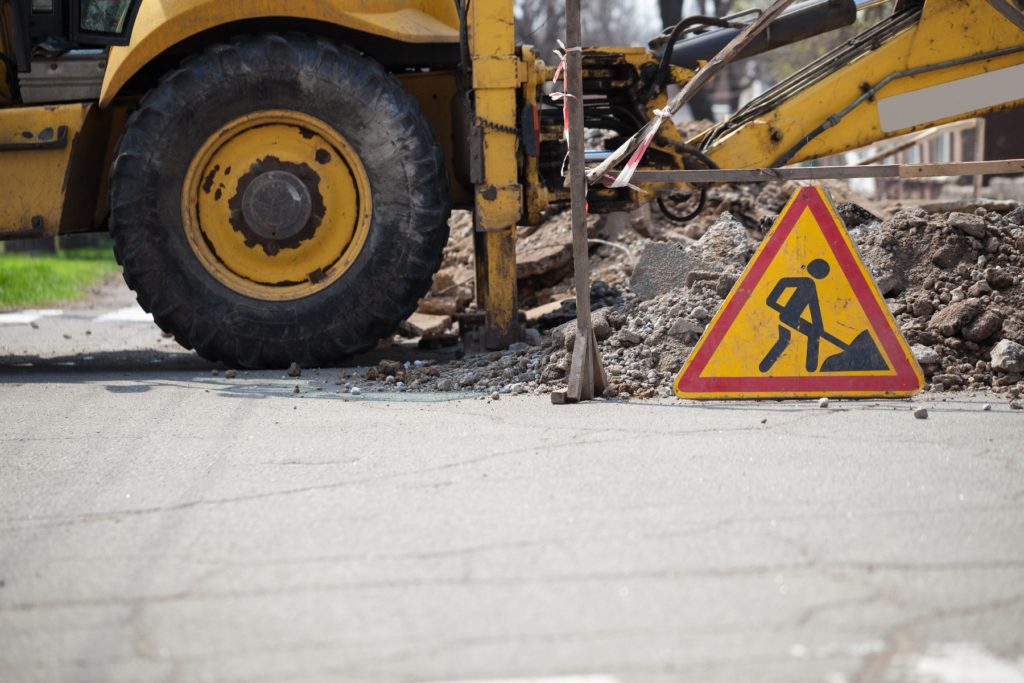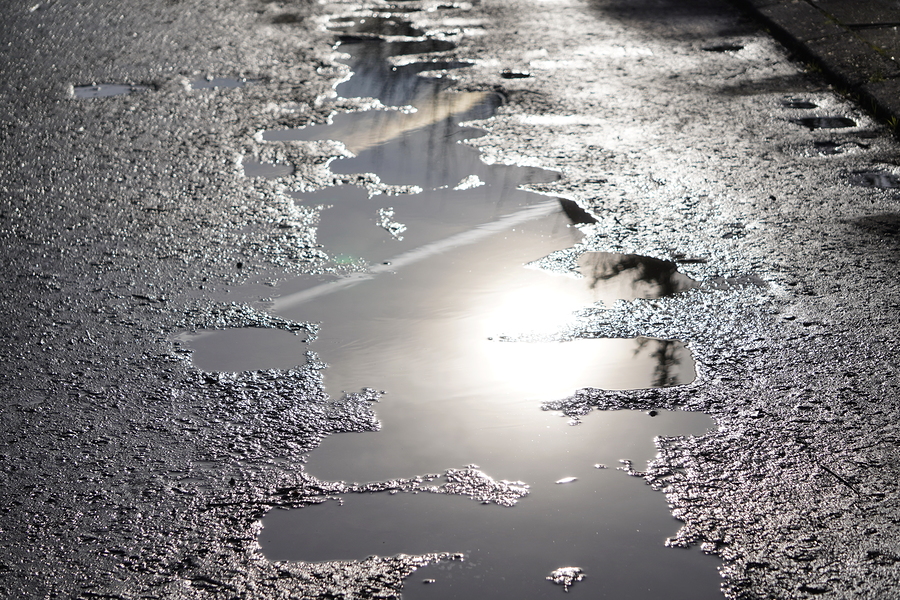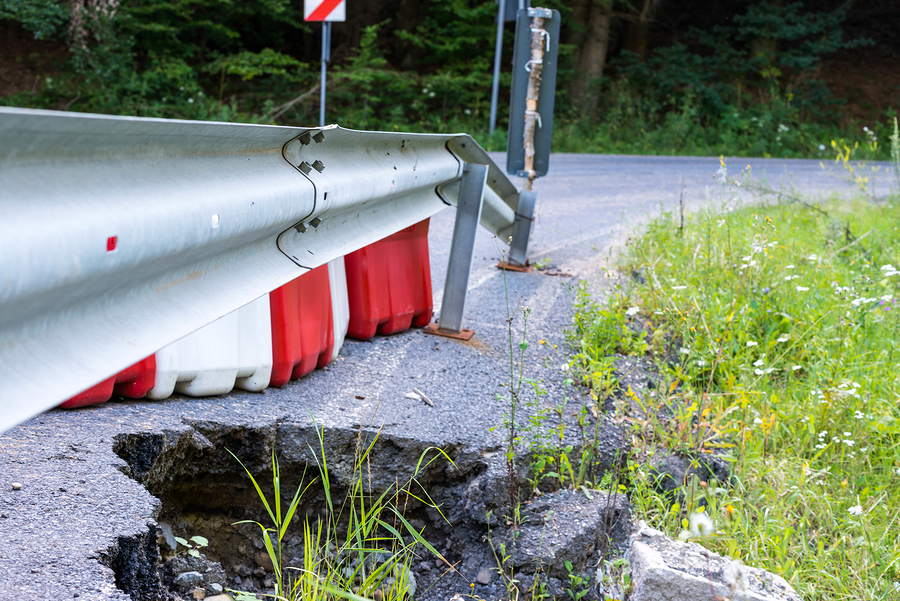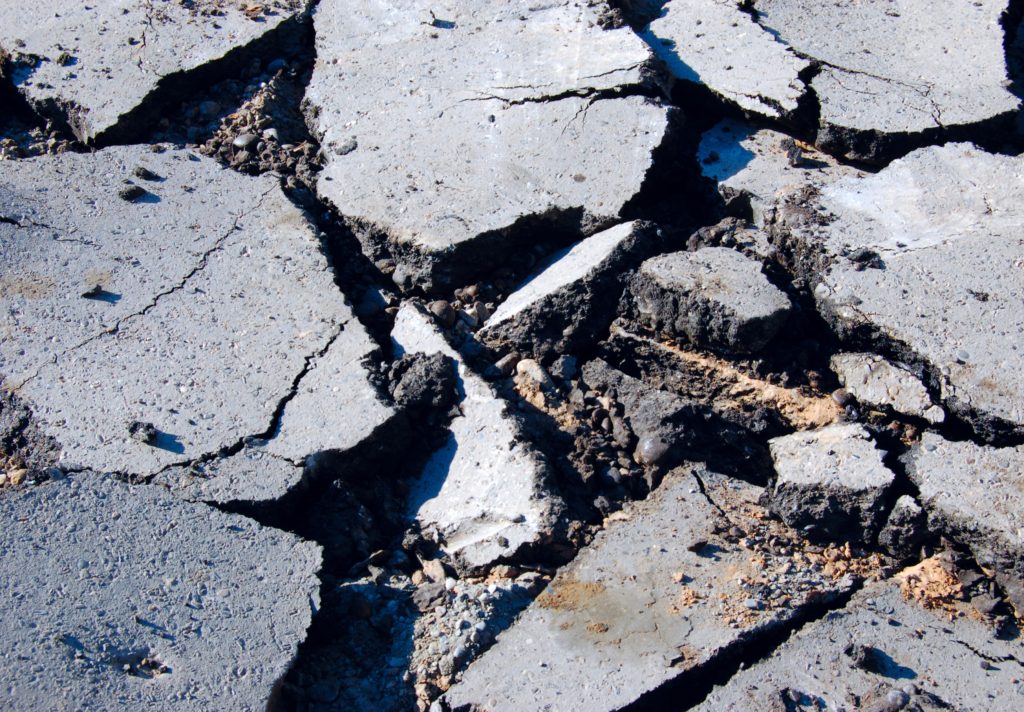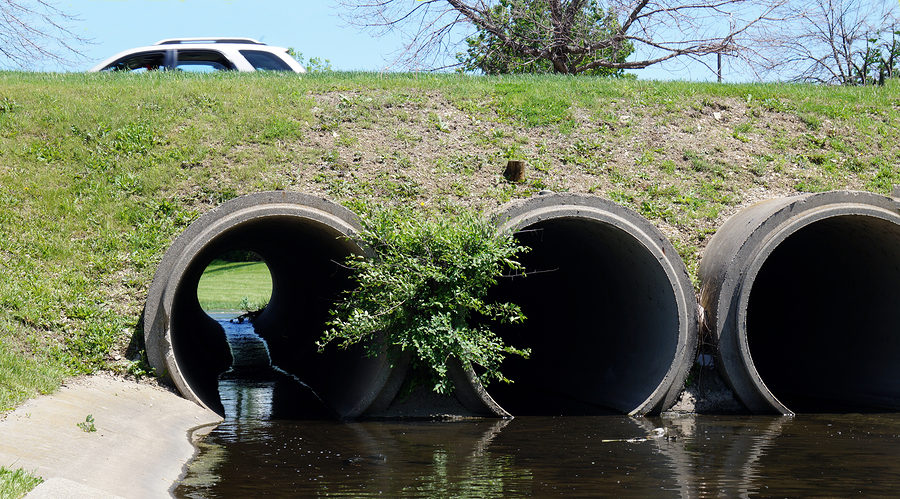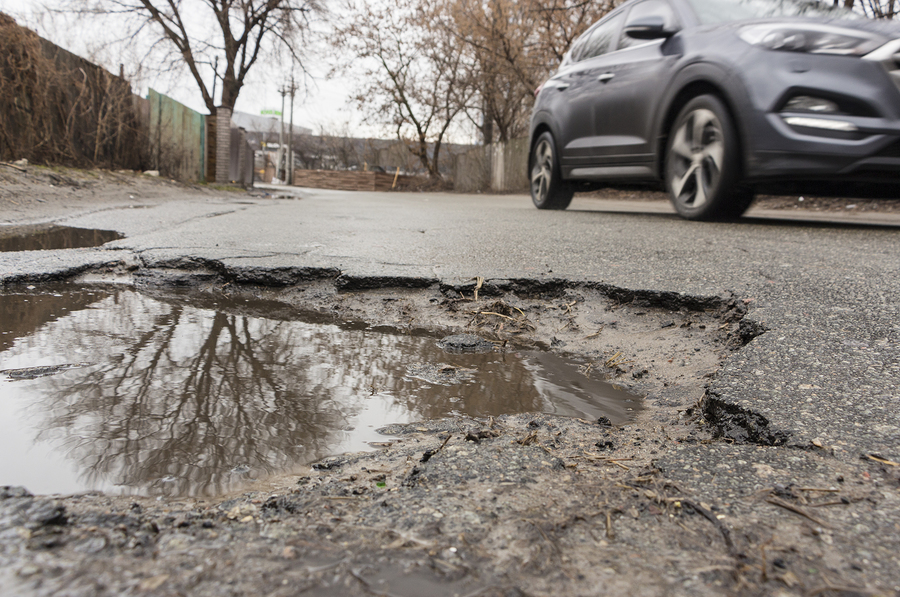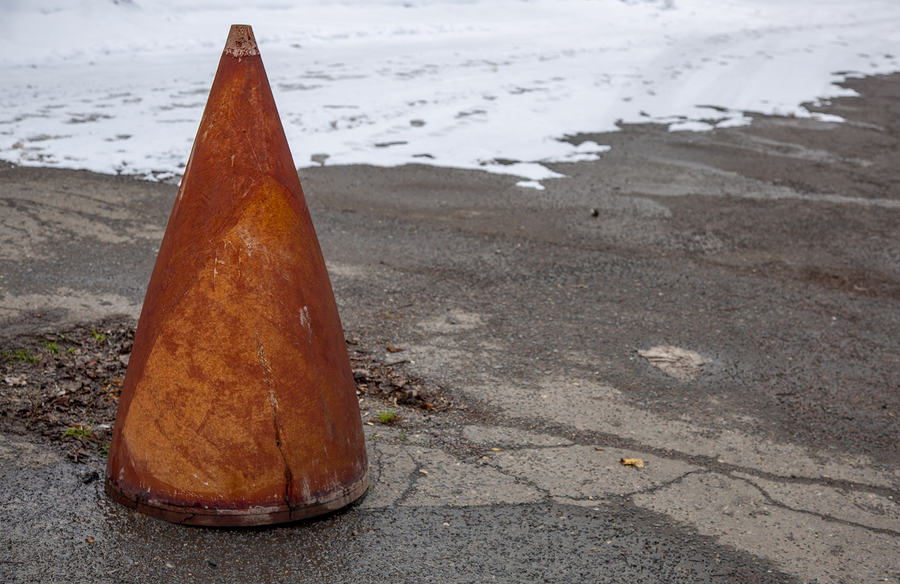One of the most important maintenance practices you can do for your asphalt pavement is to fill in the cracks when they occur. Without filling in your asphalt cracks, over time, water will eventually penetrate deep within the pavement. Once water is inside the cracks, seasons pass, and the water freezes and thaws, thus causing the pavement to expand and contract over and over again.
As a result, you get more cracks come spring, as well as, more intense pavement damage, such as alligator cracking, crumbling, heaving, pavement depressions, un-leveled surfaces, and potholes. Worst of all, cracks that go unfilled over time will eventually cause damage deep within the pavement, at the base level. This causes the overall integrity of the pavement to weaken, and therefore reduce your property’s value.
In order to ensure your asphalt pavement does not incur more crack damage than a should on a seasonal basis, be sure you fill in your cracks as soon as they become evident. Continue reading to learn why asphalt crack filling protects your investment, and where you can get trusted asphalt repair and resurfacing services near you.
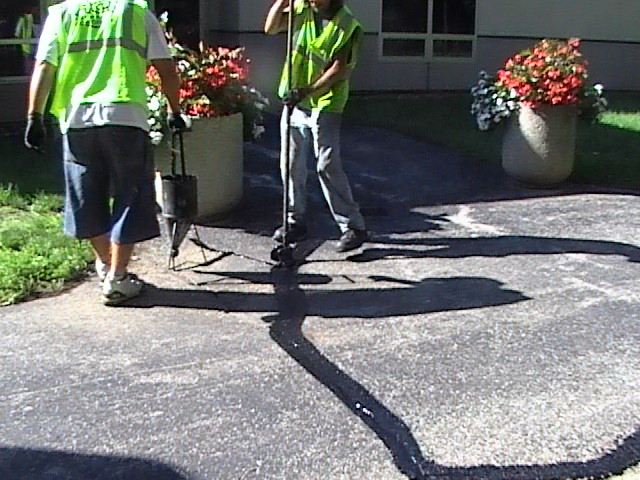
Potholes
Potholes stand out, so you don’t have to go looking for them. But you do need to have them repaired for the sake of liability, as well as, your investment and property value. If your asphalt has many potholes and large cracks, it might be time for a complete repaving project. If there are just one or two potholes, you can have them cleaned, filled, and sealed just like you would large asphalt cracks.
Large Cracks
Cracks are no good to have in pavement. Cracks lead to more cracks, and exponential damage after that. For this reason, it is important to keep an eye out for large cracks in your asphalt driveway or parking lot. Any crack larger than 1/4th of an inch should be treated right away. This includes cleaning, filling, and sealing all cracks larger than a quarter inch. This will prevent water from seeping into the pavement and jeopardizing the sub-grade.
Small Cracks
In addition to large cracks, small cracks can have a massive effect on the overall function and performance of your asphalt pavement. Furthermore, they will eventually turn into larger cracks and worse kinds of pavement damage, which chips away at your investments overall value. Sealcoating is the best method to prevent small cracking.
Standing Water
One of the biggest culprits behind asphalt deterioration is sitting surface water. When water sits on top of asphalt, it slowly breaks down its barriers, making it more vulnerable to damage like cracks, crevices, and potholes. The reason why sitting water becomes an issue for asphalt pavement is poor water drainage, either as a result of improper engineering and installation, or from some sort of breakdown or malfunction. Storm water management and annual sealcoating can help protect your asphalt pavement from such issues.
Commercial Asphalt Repair Services in Indianapolis, Indiana
Call ACI Asphalt and Concrete at 317-549-1833 for commercial asphalt paving and asphalt maintenance and repair in Indianapolis, Indiana. Our licensed road construction contractors provide a wide range of asphalt and concrete work for commercial and industrial properties, including inspections, installation, replacement, repair, and more. We also offer free estimates and consultations, flexible scheduling, references upon request, and more. Best of all, our work is backed by our 100% Satisfaction Guarantee, so you can rest assure that your investment is sound. Request a free quote, today.



